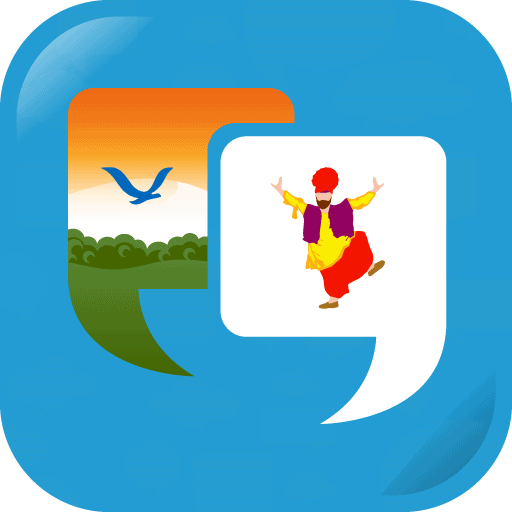PortalLearn Mini Review: Enjoy Learning Indian Languages Through Stories
PortalLearn
Summary
Looking for an Indian language resource for intermediate level that’ll help you improve your proficiency? You should check out PortalLearn.
PortalLearn is an app that teaches 9 Indian languages and aims to help you learn these languages through interactive stories. The languages offered include Hindi, Bengali, Tamil, Telugu, Malayalam, Punjabi, Kannada, Marathi and Gujarati. With this app, you can dive into captivating narratives, learning vocabulary and grammar naturally through context. Through these interactive stories, you can grasp language concepts, making the learning process more enjoyable and effective. These interactive stories and lessons focus on helping you hone your listening, reading, and comprehension skills.
PortalLearn offers personalization, allowing you to choose your own learning path with topics that interest you, be it cuisine, tourism, or animals. Unlike rigid course structures that dictate a predefined learning path, the platform offers you the flexibility to start with the topics that you prefer. This promotes personalized learning and keeps you motivated by allowing you to pursue your passions while acquiring the necessary language skills.
With its gamified approach, you can earn gems for completing stories and lessons as you progress. This incentive ensures that you’re not only having fun while learning, but also encourages participation. It also provides a tangible reward for progress, ensuring you stay motivated. Furthermore, PortalLearn incorporates flashcards to help you learn letters of the specific language that you’re learning more efficiently.
What makes PortalLearn different from the likes of Duolingo, Babbel and LanguageCurry is that PortalLearn helps you learn Indian languages through story context. This approach is based on Comprehensible Input method.
While PortalLearn isn’t suitable for complete beginners and doesn’t have a writing practice feature yet, it’s still an awesome app to help you practice other equally essential language skills.
PortalLearn Mini Review: Enjoy Learning Indian Languages Through Stories Read More »










